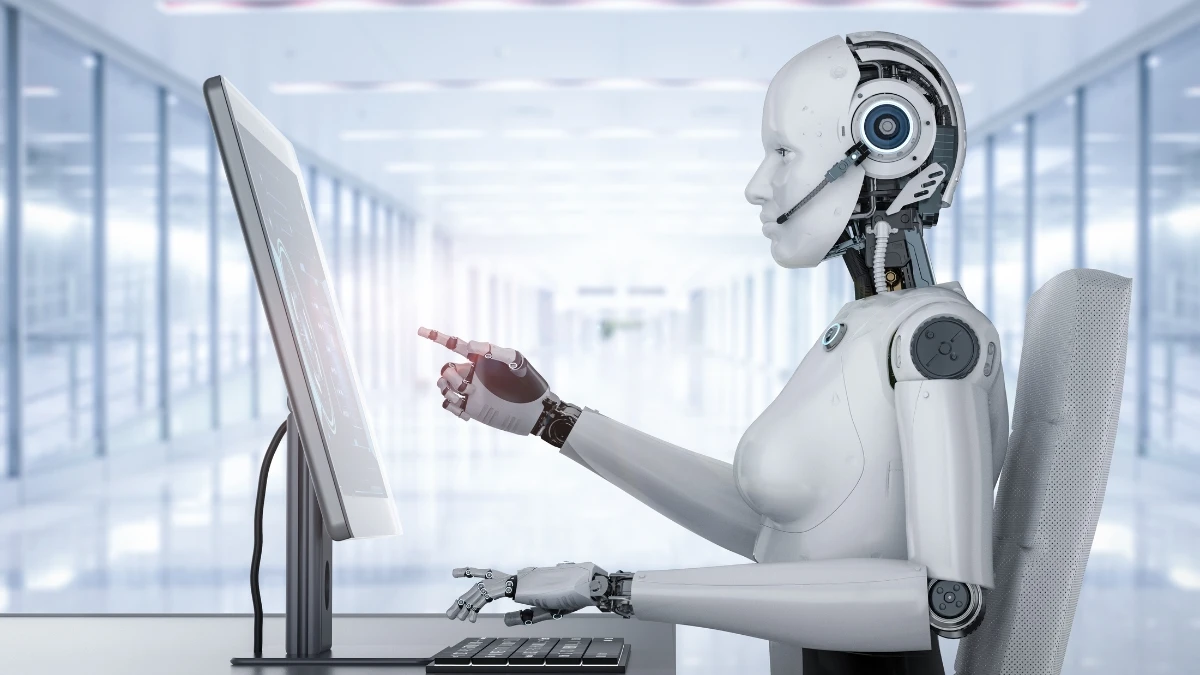Millions of people struggle to access mental health support when they need it most. Long waiting lists, high costs, and the fear of judgment keep many from seeking help.
But what if getting support was as simple as opening your phone? AI chatbots like Woebot offer 24/7 mental health support, making therapy more accessible.
These AI therapists analyze emotions, offer coping strategies, and never take a day off. Yet, a key question remains: can they truly match the empathy and understanding of human therapists?
Let’s explore how AI is reshaping mental healthcare and what it means for the future of therapy.

Democratizing Mental Health Support
Mental health support remains out of reach for many people worldwide. AI chatbots are changing this reality by offering accessible, affordable care options that work alongside traditional therapy methods.
This shift marks a significant change in how people can access mental health resources.
Access Challenges Today

Traditional mental health care faces several obstacles that prevent many from getting help. High costs put therapy sessions beyond reach for those without insurance or financial means, with sessions often costing $100-200 per hour.
Rural communities struggle with limited access to mental health professionals, forcing people to travel long distances for care. Many face months-long waiting lists to see therapists, delaying crucial treatment when they need it most.
Cultural barriers add another layer of complexity. Some communities view mental health issues as taboo, making it hard for people to seek help openly.
Language differences can limit access to appropriate care, while work schedules often conflict with standard therapy hours. Insurance coverage gaps leave many without affordable options, creating a cycle where mental health needs go unmet.
Time constraints affect both providers and patients. Most therapists work standard business hours, making it difficult for many working people to schedule appointments.
This system particularly impacts those working multiple jobs or irregular shifts, who often need the most support.
How AI Breaks Barriers
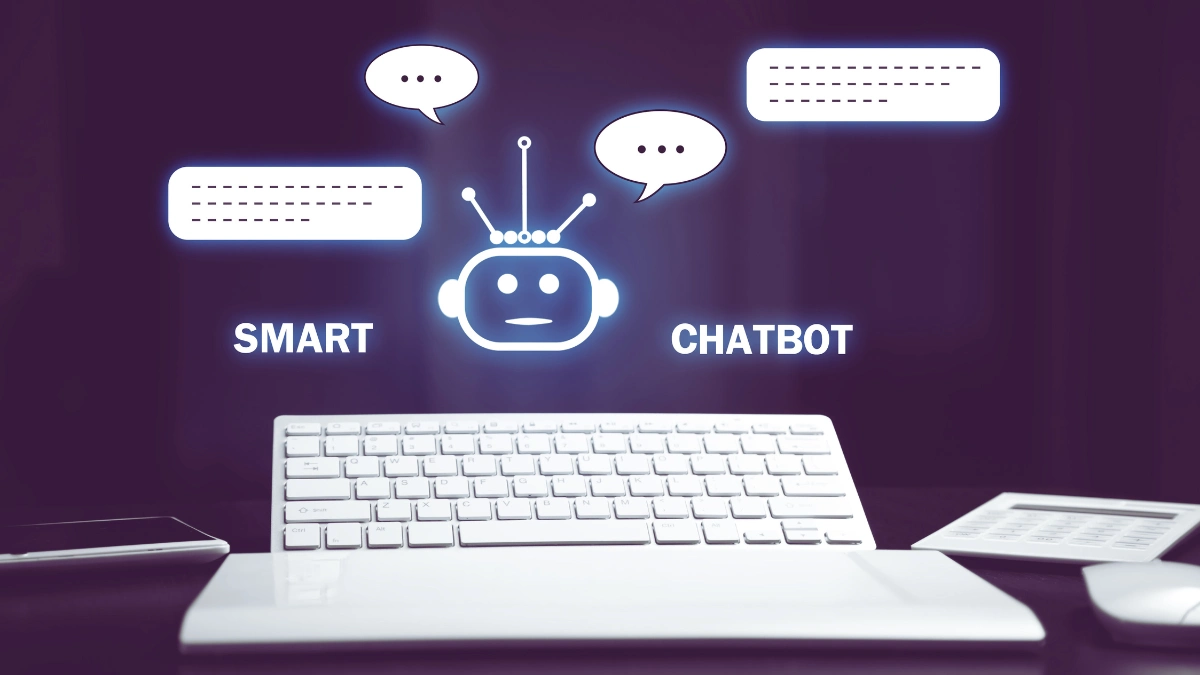
AI chatbots transform access to mental health support through constant availability and reduced costs. Users can connect any time, day or night, receiving support during crucial moments without waiting for appointments.
This immediate access helps prevent small issues from becoming larger problems. The technology works across different languages and cultures, reaching people who might not otherwise seek help.
Cost barriers shrink significantly with AI solutions. Many platforms offer free basic services or affordable subscription models, making mental health support financially accessible to more people.
Users can access help from home, eliminating travel time and transportation costs. This approach particularly benefits those in remote areas or with mobility challenges.
AI platforms adapt to user preferences and schedules. People can engage with these tools during breaks at work, late at night, or whenever they feel most comfortable.
The private nature of AI interactions reduces stigma, encouraging more people to seek help. Users can explore their concerns without fear of judgment.
Impact on Care Delivery
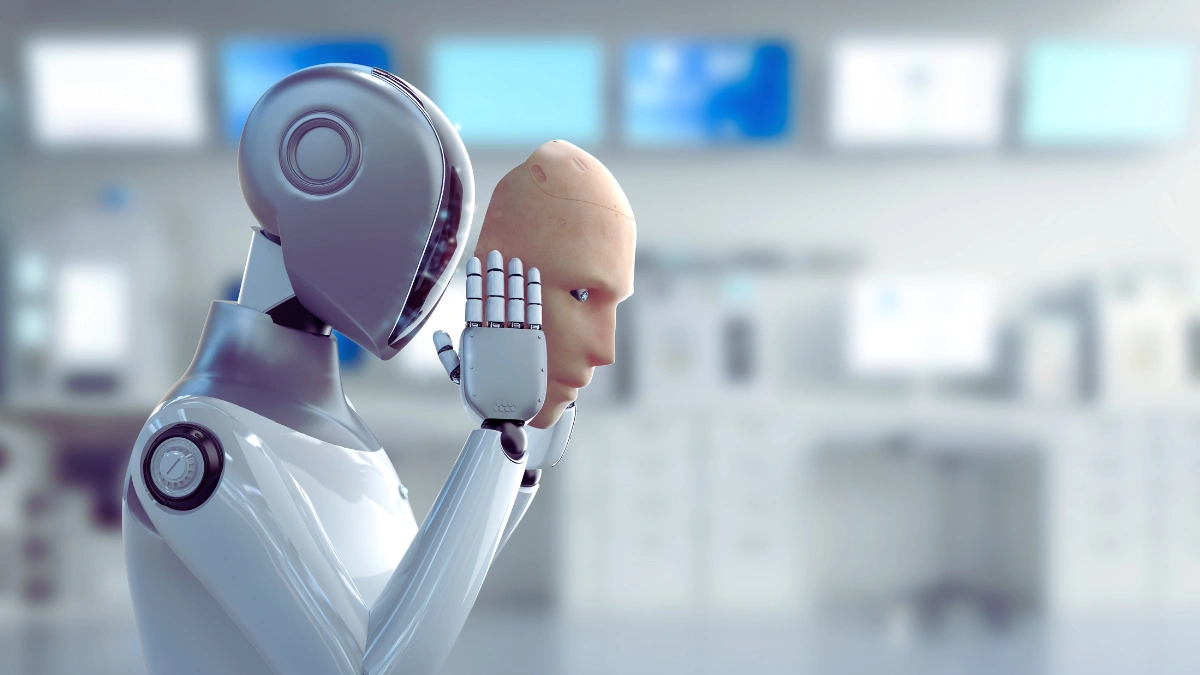
AI mental health tools create new pathways for early intervention and ongoing support. Regular check-ins help users track their mental state over time, spotting patterns and potential issues before they become severe.
Consistent availability means people can build healthy mental health habits through daily interaction with their AI support system.
This technology expands the reach of mental health resources beyond traditional limits. Healthcare systems can serve more people effectively while maintaining quality care standards.
The data collected helps improve treatment approaches and identify common challenges across different populations.
Users gain more control over their mental health journey. They can learn coping strategies, practice mindfulness techniques, and develop emotional awareness at their own pace.
This self-directed approach, combined with professional oversight when needed, creates a more comprehensive mental health care system that serves diverse needs and preferences.
Leading AI Mental Health Platforms
Several AI platforms have emerged as frontrunners in digital mental health support, each offering unique approaches to emotional well-being.
These tools combine therapeutic techniques with artificial intelligence to create accessible mental health resources. Let’s examine the most prominent platforms and their distinctive features.
Woebot
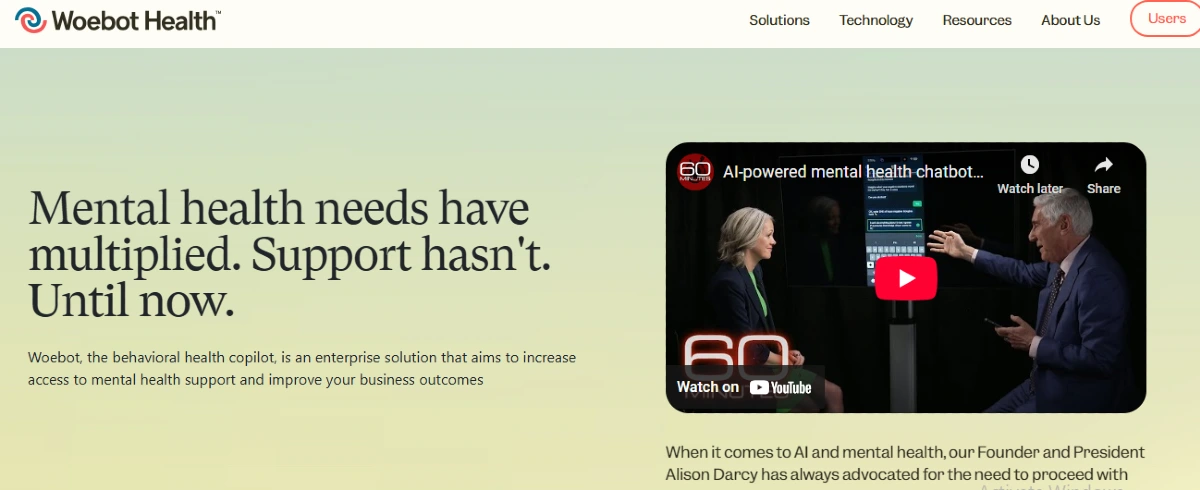
This AI therapist uses cognitive behavioral therapy (CBT) principles to help users manage their mental health.
Through daily check-ins and structured conversations, users receive support tailored to their emotional state and needs. The platform tracks mood patterns and offers specific interventions based on user responses.
Clinical studies show significant improvements in depression symptoms among Woebot users, with an average reduction of 11 points on standard depression scales.
The AI analyzes user messages to identify emotional patterns and crisis signals, providing appropriate resources when needed. Users particularly value the platform’s ability to remember past conversations and reference previous coping strategies.
Many healthcare systems now integrate Woebot into their mental health services, offering it as a supplementary tool between therapy sessions.
The platform serves over 1.5 million users globally, with particularly strong engagement during late-night hours when traditional support isn’t available. Studies indicate that 89% of users report feeling heard and understood during their interactions.
Replika
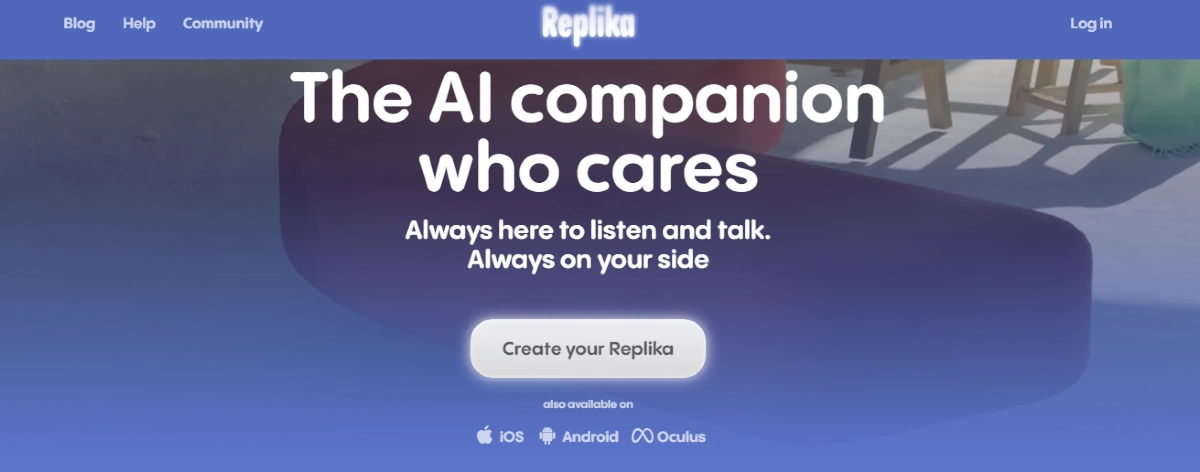
This AI companion takes a unique approach by focusing on emotional connection and long-term relationship building.
Users create personalized AI friends who learn from conversations and adapt their responses over time. The platform combines emotional support with practical mental health tools.
Recent data shows that Replika maintains an active user base of 30 million people, with many engaging in daily conversations lasting an average of 25 minutes.
The platform excels at helping users process emotions through open-ended discussions and guided reflection exercises. Users report feeling comfortable sharing personal struggles they might hesitate to discuss with others.
The technology behind Replika continuously evolves through natural language processing improvements. Each interaction helps the AI better understand context and emotion, leading to more meaningful conversations.
User feedback indicates strong emotional attachment to their AI companions, with many reporting reduced feelings of loneliness and anxiety.
RELATED:
AI Accuracy vs Human Empathy
The debate between AI precision and human emotional understanding sits at the heart of mental health care evolution.
Both approaches offer distinct advantages, with AI bringing consistency and data-driven insights while human therapists provide nuanced emotional support. Understanding these differences helps create better mental health solutions.
AI Capabilities
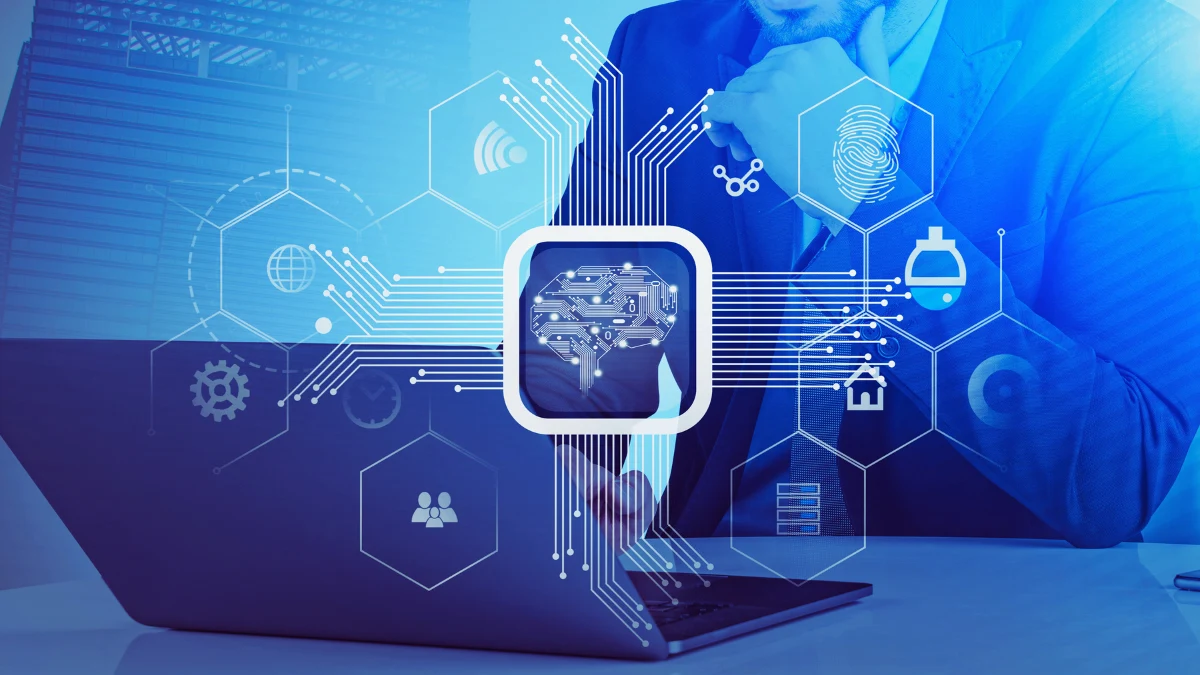
Advanced algorithms allow AI therapists to process vast amounts of information quickly and accurately. Machine learning systems analyze patterns in user responses, identifying potential mental health concerns with remarkable precision.
These systems maintain consistent performance regardless of time or workload, offering reliable support around the clock.
Studies show AI platforms can detect subtle changes in user language and behavior that might signal declining mental health.
The technology excels at tracking progress over time, providing detailed insights into mood patterns and triggers. Regular updates improve the AI’s ability to understand complex emotional states and provide appropriate responses.
Data analysis capabilities enable AI to draw connections between different aspects of mental health.
The systems learn from millions of interactions, continuously refining their responses based on what works best for different situations. This systematic approach helps users develop consistent coping strategies and healthy habits.
RELATED:
Human Therapist Strengths

Professional therapists bring years of lived experience and emotional intelligence to their practice. They understand subtle facial expressions, tone changes, and body language that convey deeper emotional meanings.
Their ability to form genuine connections helps clients feel truly understood and supported.
Experienced therapists adapt their approach based on each client’s unique background and needs. They draw from personal experience and professional training to handle complex situations with sensitivity.
The human touch becomes particularly valuable when dealing with trauma, grief, or major life transitions.
Therapeutic relationships benefit from shared human experiences and cultural understanding. Therapists can relate to clients’ struggles through their own life experiences, creating authentic empathy that AI cannot replicate.
This genuine connection often proves crucial for deep emotional healing and personal growth.
Finding the Balance
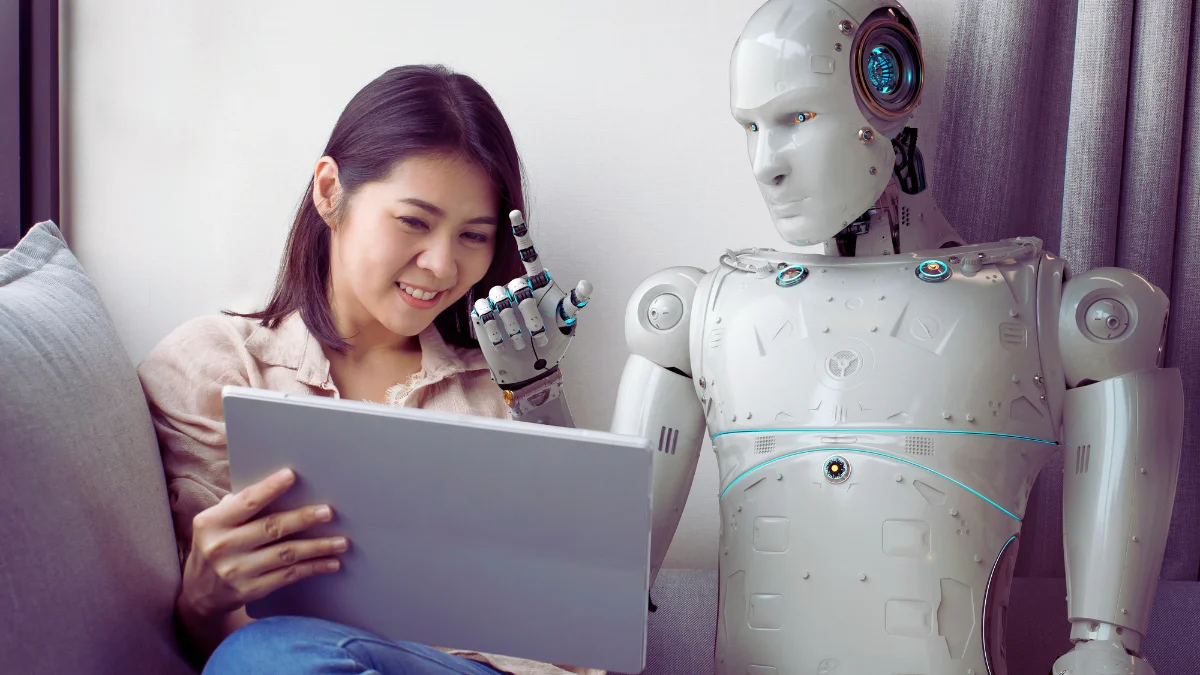
Successful mental health care often combines AI efficiency with human emotional wisdom.
AI platforms can handle initial assessments and daily support, while human therapists focus on complex emotional work. This collaborative approach maximizes the strengths of both systems.
Many mental health practices now use AI tools to supplement traditional therapy. Clients benefit from 24/7 AI support between sessions while maintaining meaningful connections with their human therapists.
The combination helps address both immediate needs and long-term emotional growth.
Research supports this integrated approach, showing better outcomes when AI and human care work together. Clients receive consistent support through AI while developing deeper insights through human therapy.
This balance creates a comprehensive care system that adapts to individual needs and preferences.
RELATED:
Privacy and Data Security
Protecting sensitive mental health information requires robust security measures and clear privacy protocols.
As AI platforms collect and process personal emotional data, the need for strong safeguards becomes increasingly important. This section explores key aspects of data protection, risk management, and user safety.
Data Protection
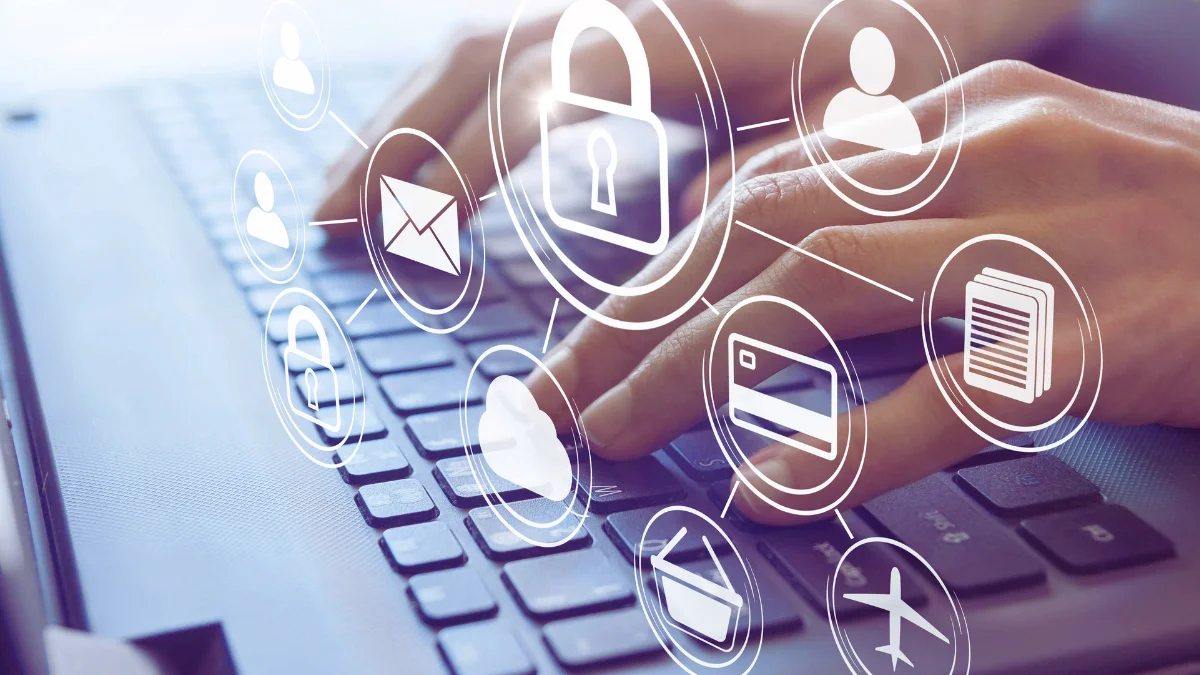
Modern encryption methods safeguard user conversations and personal information on AI therapy platforms. Each message gets encrypted before transmission, making it unreadable to anyone without proper authorization.
Leading platforms store data on secure servers with multiple layers of protection against unauthorized access.
Regular security audits ensure compliance with healthcare privacy standards like HIPAA. These platforms implement strict access controls, limiting data visibility to essential personnel only.
User information remains segregated, preventing any accidental mixing or exposure of personal details between different accounts.
Continuous system monitoring helps detect and prevent potential security breaches. Advanced firewalls and intrusion detection systems guard against cyber attacks.
The platforms maintain detailed logs of all data access, creating accountability and allowing quick responses to any security concerns.
Risk Management

Security teams actively identify and address potential vulnerabilities in AI therapy systems.
Regular penetration testing reveals weak points before they can be exploited. The platforms update their security measures based on emerging threats and technological advances.
Emergency response protocols ensure quick action during security incidents. Teams monitor system activity 24/7, ready to implement containment measures if needed.
Backup systems maintain service continuity while protecting user data during unexpected events.
Platform developers work closely with cybersecurity experts to strengthen defenses.
They conduct scenario planning for various security challenges, preparing response strategies in advance. This proactive approach helps minimize risks to user privacy and data security.
User Safety Guidelines
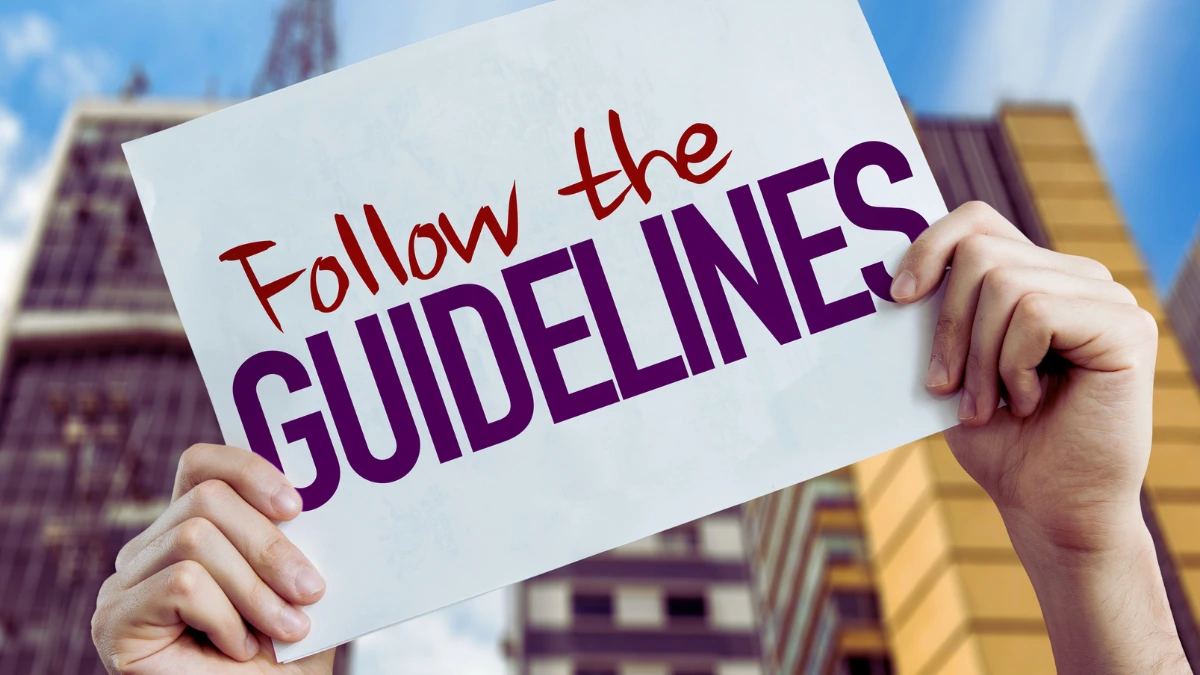
Clear privacy policies help users understand how their information gets handled.
The platforms explain data collection practices in simple language, avoiding technical jargon. Users receive regular updates about security measures and any changes to privacy settings.
Strong authentication methods protect user accounts from unauthorized access.
Two-factor verification adds an extra layer of security beyond basic passwords. Users can control their data-sharing preferences and choose what information to reveal during therapy sessions.
Safety features include emergency support options and clear escalation paths. Users learn how to recognize potential security issues and report concerns.
The platforms provide resources for understanding digital privacy and maintaining personal information security.
Tired of 9-5 Grind? This Program Could Be Turning Point For Your Financial FREEDOM.

This AI side hustle is specially curated for part-time hustlers and full-time entrepreneurs – you literally need PINTEREST + Canva + ChatGPT to make an extra $5K to $10K monthly with 4-6 hours of weekly work. It’s the most powerful system that’s working right now. This program comes with 3-months of 1:1 Support so there is almost 0.034% chances of failure! START YOUR JOURNEY NOW!
